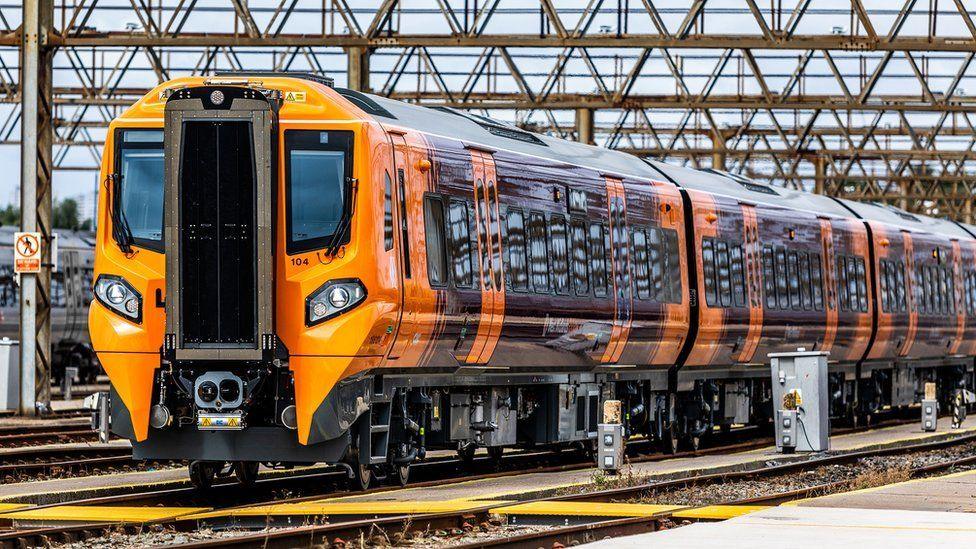Transport schemes may hit the buffers - report
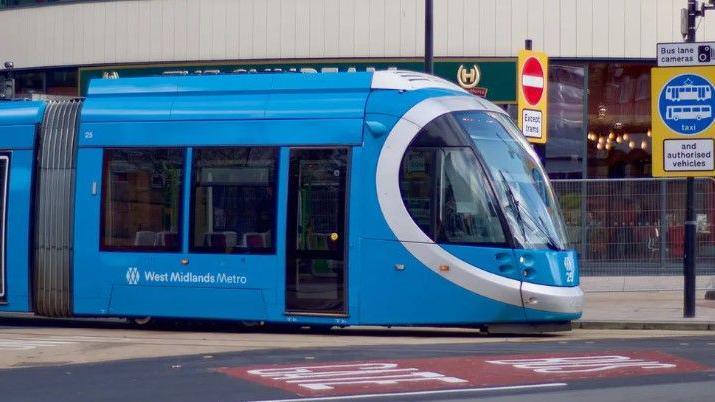
Rising costs led to fears earlier this year that parts of the planned West Midlands Metro expansion could be scrapped
- Published
A series of major transport schemes in the West Midlands are at risk - including expansion of the Metro and new railway lines - because of cost pressures involving hundreds of millions of pounds, bosses have warned.
In a report, West Midlands Combined Authority (WMCA) has blamed the financial squeeze on excessive inflation, supply chain issues and other problems like contractors going into administration.
Ex-mayor Andy Street has reacted angrily to the news, saying he had bequeathed "an incredible pipeline of funded projects including new rail stations, metro routes, bus improvement measures, and active travel schemes".
However, his successor Richard Parker, who won the mayoralty in May, said he was concerned about significant issues over the funding and delivery of the projects.
WMCA leaders are due to discuss a strategy for funding the projects at a meeting next week.
Reacting to the report, Mr Street said: “If the mayor is now taking the decision to scale-back these plans then that is up to him and him alone.
'We worked through problems'
“There were no end of challenges with transport projects when I was mayor - not least around inflation and construction challenges.
"But every time I sat down with officers and my team and worked through the problems to get schemes back on track.
"That was certainly the case with the Camp Hill line stations and Dudley Metro extension, which were on track to their revised timetables when I left office."
But Mr Parker said that even before he was elected there were problems arising.
"I could see that the previous mayor's grand promises for additional transport connectivity in the region weren't being delivered," he said.
"That's why since being elected, I have made it my business to understand what is happening with the delivery of capital and transport projects."
He said he had instigated an in-depth independent review of all transport projects, adding promises had previously been made about projects, without the necessary resources to sustain them.
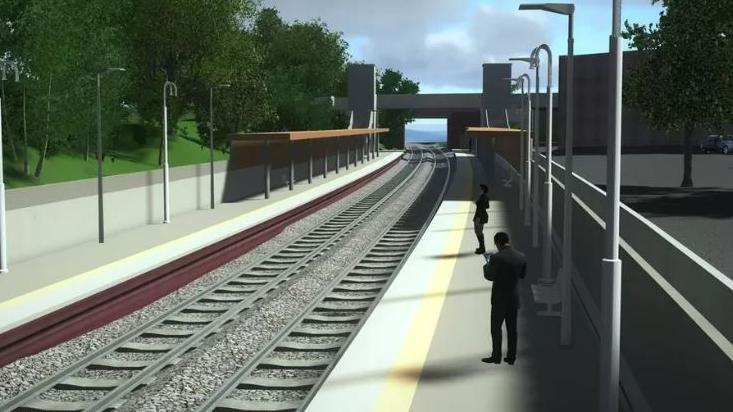
The railway extension that includes a station in Kings Heath, is also now likely to be delayed
In the report, officers detail how projects, such as the first phase of the Wednesbury To Brierley Hill Metro Extension, could now be delayed.
Other projects affected include the second phases of the Sprint bus priority corridor, which is designed link Walsall to Solihull and Birmingham Airport.
The Kings Heath, Moseley and Pineapple Road rail scheme is also under pressure, as is the Dudley Interchange, all of which could be delayed until at least autumn 2025.
'Extra £121m needed'
The Darlaston and Willenhall Stations scheme and Metro Depot scheme, which are due later, are also among those facing financial pressure.
The Metro Westside Extension and Metro Wolverhampton City Centre Extension - due to be handed over later this year – are affected too, according to the report.
The report said WMCA staff had been working to reduce the impact of the financial challenges but that they needed to find an extra £121m to ease the pressure.
WMCA has funding worth more than £1bn over five years to cover the cost of capital projects, but bosses said this would not be enough to see a range of them to completion.
The issue is further exacerbated, they said, because other improvements and traffic measures are dependent on schemes being finished before they can be installed.
There was a risk projects could be left incomplete and work on other schemes may not even start if the financial pressures are not dealt with, the report said.
“The potential for the region to lose funding through under-performance, is a particularly important matter to note,” it said, in reference to meeting financial targets by March 2027.
Follow BBC Birmingham on Facebook, external, X, external and Instagram. Send your story ideas to: newsonline.westmidlands@bbc.co.uk, external
Related stories
- Published29 February 2024
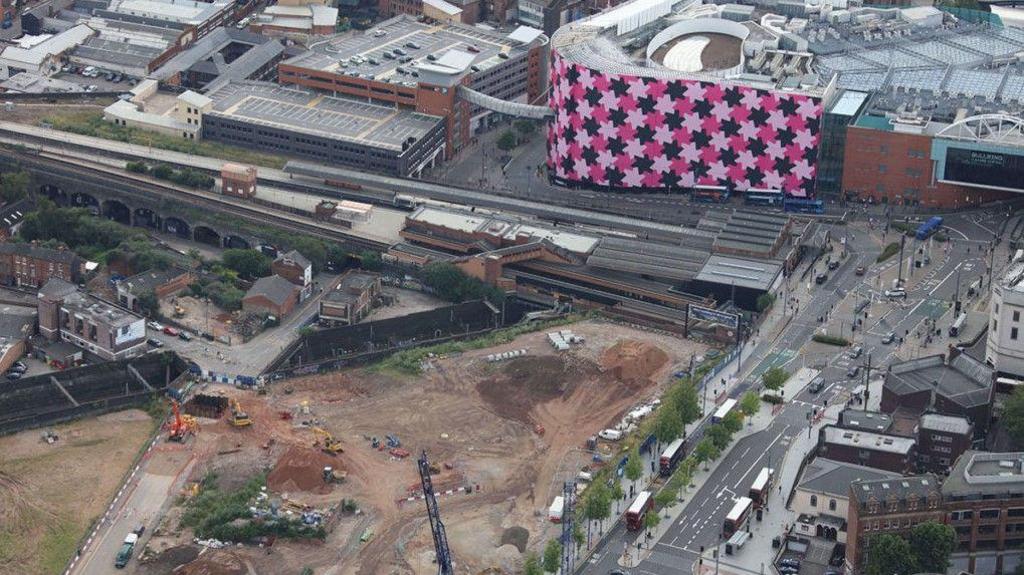
- Published24 April 2024
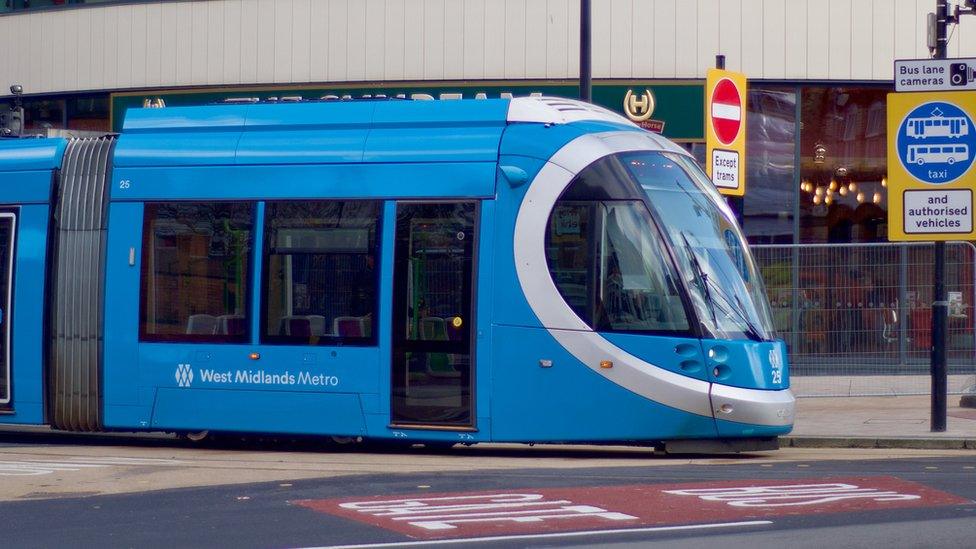
- Published13 February 2024
